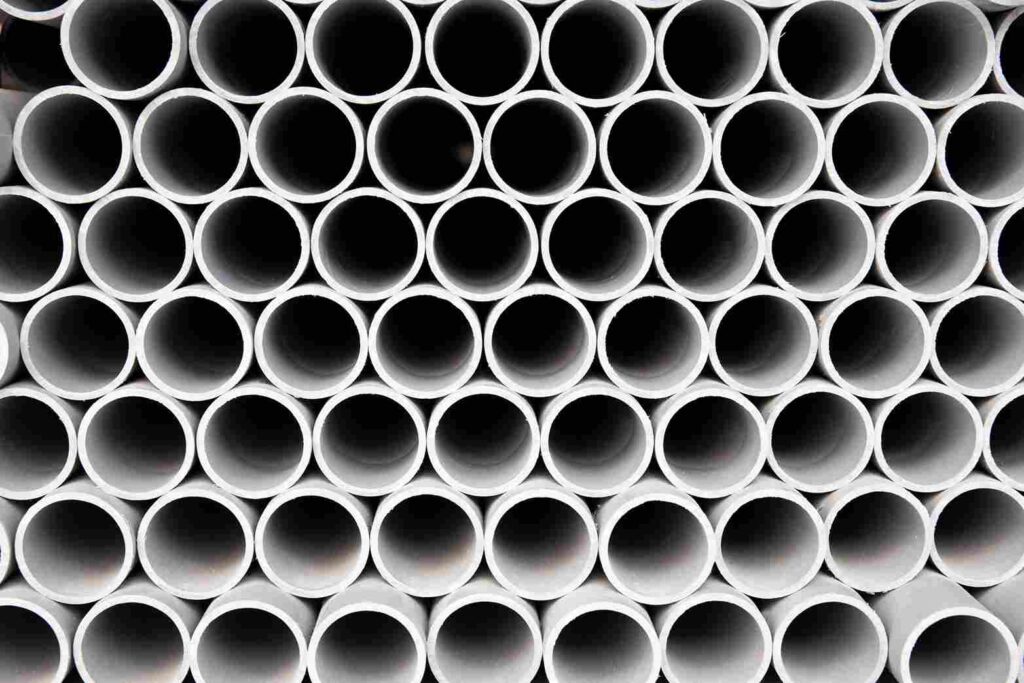Tubes and pipes are fundamental components in various industrial applications, serving critical roles in transportation, structural frameworks, and fluid management systems. Understanding their types, materials, and uses is essential for industries aiming for efficiency, durability, and safety.
What Are Tubes and Pipes?
Though often used interchangeably, tubes and pipes differ in manufacturing processes and specifications. Pipes primarily transport fluids and gases and are measured by nominal pipe size (NPS), focusing on internal diameter. Tubes, however, are used for structural or mechanical purposes and are measured by outside diameter, offering precision in dimensions and aesthetics.
Key Types of Tubes and Pipes Used in Industry
1. Steel Pipes and Tubes
Steel tubes and pipes dominate industrial applications due to their high strength, durability, and resistance to pressure and temperature variations. They are widely used in oil and gas, construction, automotive, and manufacturing sectors.
2. Stainless Steel Tubes and Pipes
For corrosion resistance and hygienic applications, stainless steel is preferred. It is common in food processing, pharmaceuticals, and chemical industries.
3. ERW (Electric Resistance Welded) Pipes
ERW pipes are manufactured using electric resistance welding, making them ideal for water supply, irrigation, and structural applications.
4. Seamless Tubes and Pipes
Seamless tubes are created without welding, offering superior strength and integrity, essential in high-pressure environments.
Industrial Applications of Tubes and Pipes
- Fluid Transport: Tubes and pipes form the backbone of fluid and gas transport systems, including water, oil, natural gas, and chemicals.
- Structural Support: Used as columns, beams, and supports in building and infrastructure projects.
- Mechanical Systems: Integral to automotive and machinery systems where precision and durability are required.
- Heat Exchangers: Tubes serve as conduits in heat exchangers, crucial for energy efficiency in industrial plants.
Choosing the Right Tubes and Pipes: Factors to Consider
- Material: Depending on the application, choosing between carbon steel, stainless steel, or alloy steel is critical.
- Dimensions: Accurate sizing ensures proper fit and function.
- Pressure Rating: Pipes and tubes must withstand the operating pressure to prevent failures.
- Corrosion Resistance: Environmental factors dictate material choices to ensure longevity.
- Supplier Reliability: Working with a reputable steel stockist in UAE guarantees quality materials and timely delivery.
Why Source from a Steel Stockist in UAE?
The UAE is a strategic hub for steel distribution, offering access to a vast range of tubes and pipes from global manufacturers. A trusted steel stockist in UAE provides:
- Wide Product Range: From seamless to welded, stainless to carbon steel options.
- Quality Assurance: Compliance with international standards.
- Competitive Pricing: Cost-effective solutions for large-scale industrial needs.
- Efficient Logistics: Fast delivery across the GCC region.
Conclusion
Understanding the varieties and applications of tubes and pipes is vital for industrial success. Selecting the right product tailored to specific operational demands improves performance and safety. Partnering with a reliable steel stockist in UAE ensures access to premium quality tubes and pipes that meet stringent industrial standards.
For industries seeking durability, precision, and efficiency, investing in the right tubes and pipes is a step toward sustainable growth.


